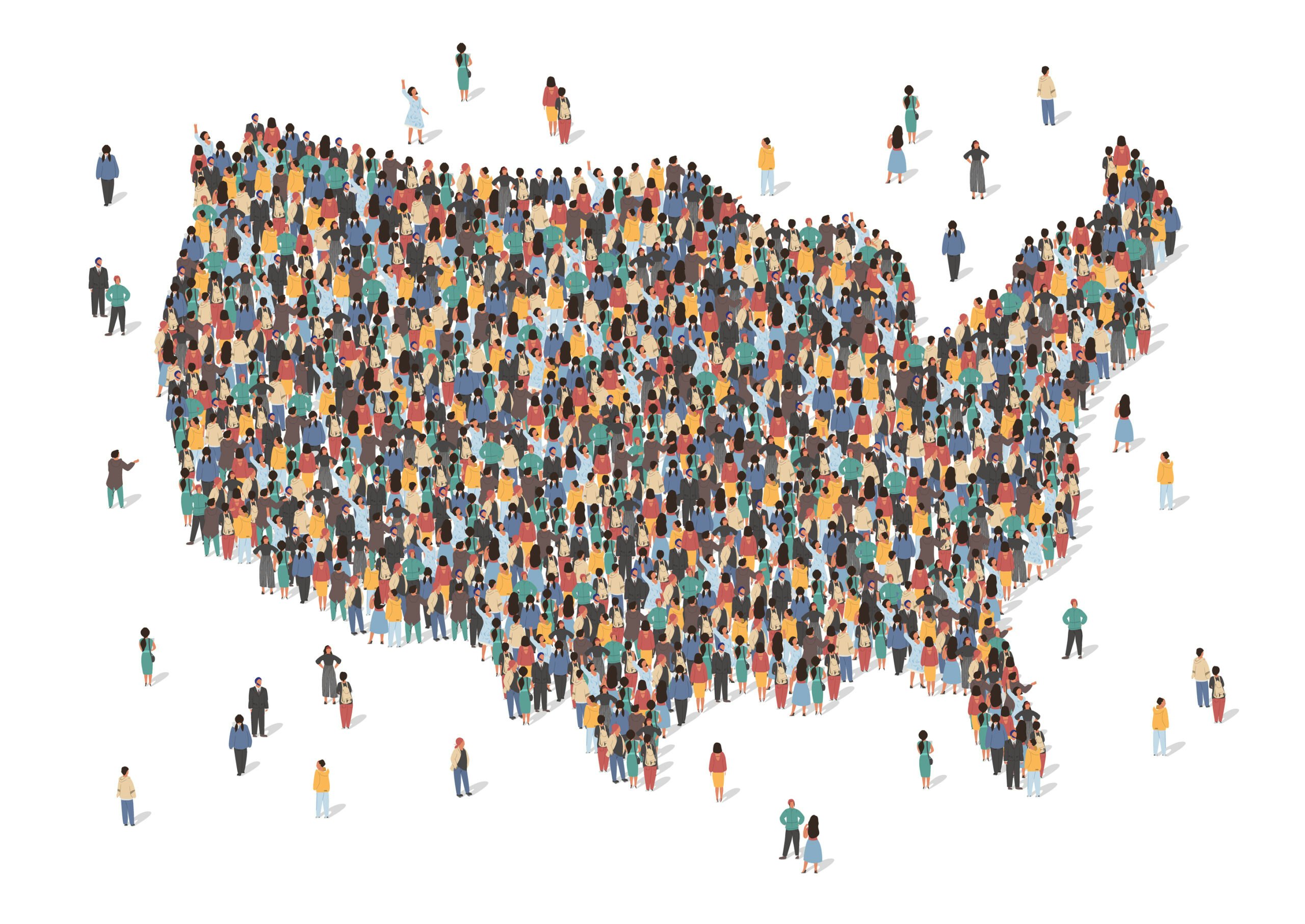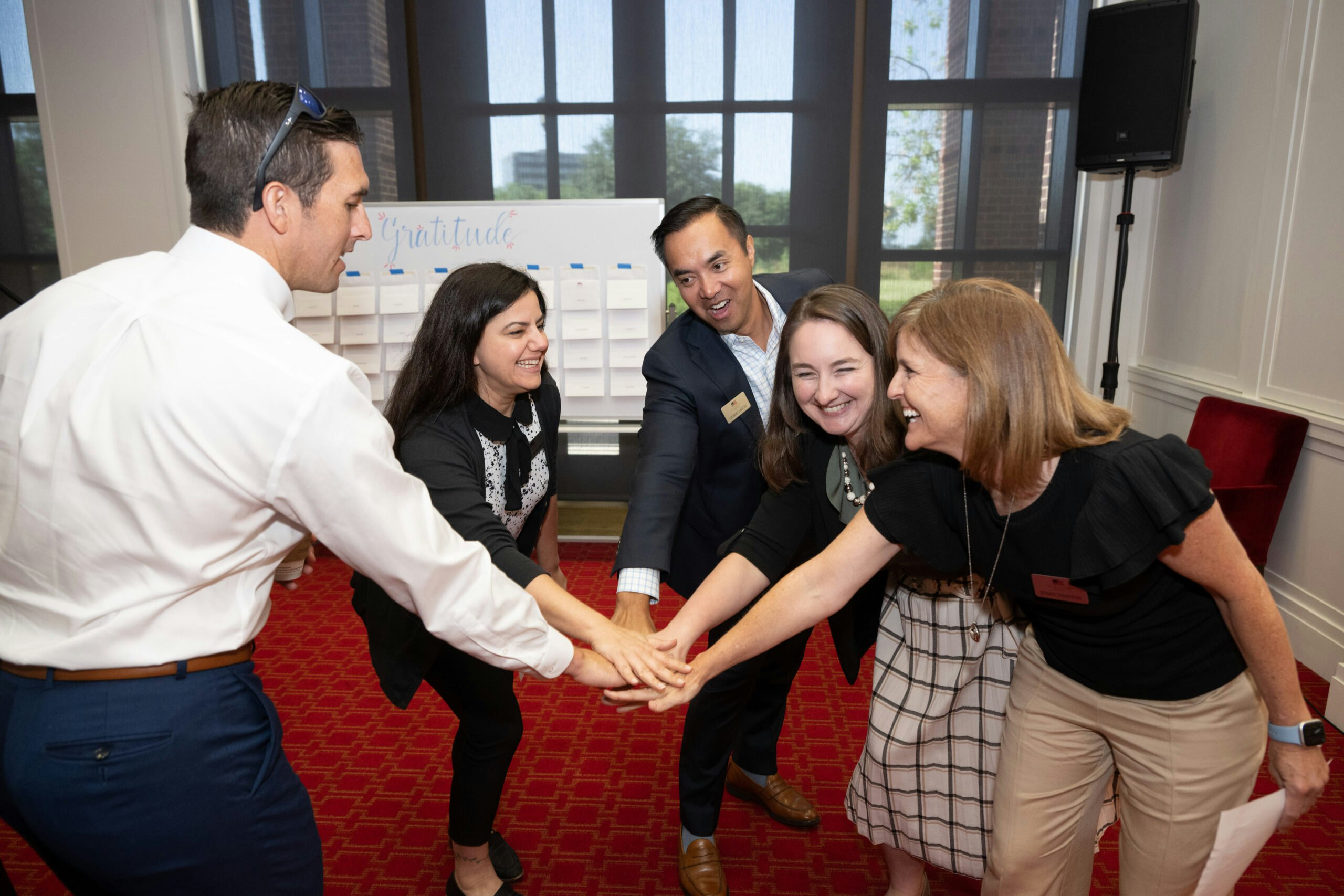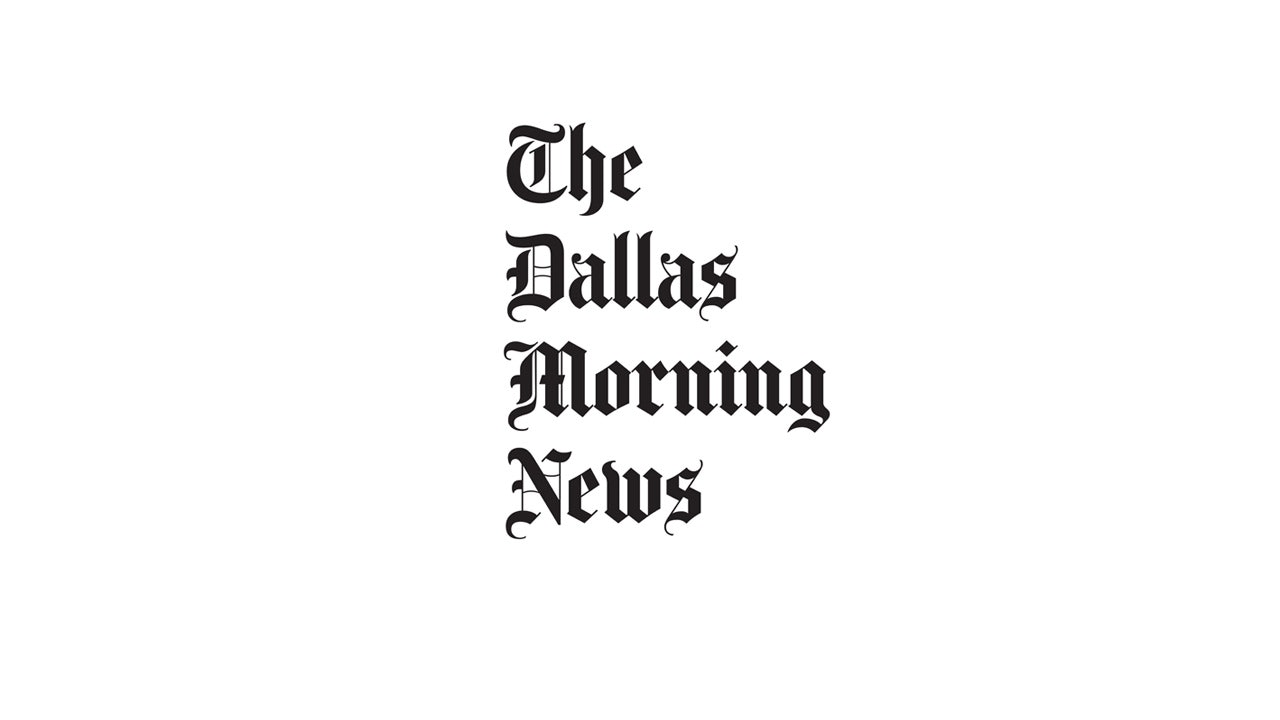Polls and surveys show that Americans trust their local governments more than they do Washington.
Government has become a dirty word in America. People no longer believe that the government created by the people is working for the people. The Pew Research Center’s most recent polls show that only 18 percent of Americans trust the government in Washington to do what is right most of the time.
By contrast, citizens tend to trust local governments to do what is right for their community. That may be because local governments are much closer to the problems Americans face. And local governments — the true think tanks of democracy — have a greater ability to experiment with policies and programs. They can start them on a smaller, more sustainable scale and see how they work.
Whatever the reason, the public trusts state and local government far more than it does the federal government. As high as 70 percent of citizens reported confidence and trust in their local government. That was followed by 63 percent trust in state government and a drop to 52 percent trust in the federal government handling domestic problems. Those levels of trust vary depending on political party, race, and other factors, but the widening gap is unmistakable.
This perhaps explains why a Cato Institute study shows a rising preference for states and localities to work on issues like housing, transportation, education, and prison reform rather than the federal government.
Many state and local governments already dedicate resources to these issues. And their devotion of resources shows where Americans may be more likely to interact with their government. In Texas, for example, the state’s latest two-year budget allocated 39 percent of its funds for health care, 23 percent for education, and less than 10 percent each for transportation, welfare, and other spending.
By comparison, the most recent federal budget allocates 28 percent of spending for health care, 25 percent for pensions, and 21 percent for defense. It only dedicates 3 percent for education and 9 percent for welfare.
Local communities face their challenges, of course. Regional labor markets sharply influence income inequality, which can vary from city to city. Local officials and politicians can counter this trend by focusing on creating economic opportunities and jobs for less-skilled laborers. They are closer to their cities’ needs, so they can best implement these changes.
Still, maybe it’s time to look a little closer to home when thinking about restoring trust in our democracy. That, after all, is where we most often intersect with government.
Amanda Huber is an intern with the George W. Bush Presidential Center.




























